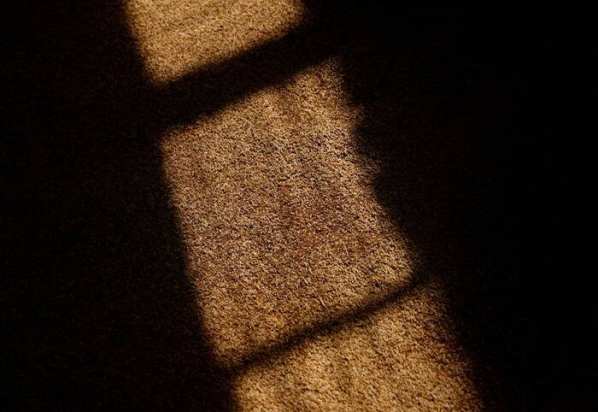Argentinas Bioceres Crop Solutions plans to carry out field tests of its genetically modified drought resistant wheat in Australia and seek planting approvals next year, Chief Executive Federico Trucco told Reuters.

The company is counting on consumers warming to eating wheat that has been genetically modified (GMO), as food prices soar due to the Ukraine war and more extreme weather patterns increase the risk of global famines.
Trucco called Russias invasion of major wheat producer Ukraine a “reality check” for global food supplies, helping make the case for GMO wheat that has faced push-back from farmers and consumers. Bioceres is leading the push to develop it.
“This has created a distinct situation to what we had before the conflict and puts wheat right at the center,” he said in an interview in London.
Australia approved consumption of food derived from Bioceres‘ GMO wheat in May, but only Argentina has authorized planting of the company’s HB4 wheat. Brazil is test planting HB4 wheat in the dry “Cerrado” savanna region.
“The next phase in the internationalization of GMO wheat is Australia,” Trucco said, adding that Bioceres planned to start the formal regulatory process seeking planting approval next year with the aiming of getting the green light in 2024.
“The idea is to start with field trials next season. The seeds are now being imported. Therefore, the regulatory process begins in the next wheat campaign, which is next year.”
Bioceres is also in talks to take a majority stake in a new venture in Australia with the local arm of U.S.-listed S&W Seed that would incorporate that firms wheat business. Trucco said the deal could be announced in the third quarter of 2022.
Australia‘s Department of Health said there was no timeline for a decision on approving Bioceres’ HB4 wheat for planting as it had not yet formally received the application.
Trucco said he hoped also to get a green light in the United States, where the firm has requested planting and consumption approvals from the Agriculture Department (USDA) and the Food and Drug Administration. USDA did not respond to a request for comment. The FDA declined to comment.
Trucco said the HB4 seeds would be most relevant for the center of the United States, where drought has decimated the winter wheat crop this season.
The other major global commodity crops, corn and soybeans, are mostly genetically modified but consumer opposition to wheat has lingered. Seed company Monsanto shelved plans to develop genetically engineered wheat in the United States in 2004.
Trucco said that a natural future step for the company would be to target approvals in Russia and Ukraine for its GMO wheat, but for now the two major producers of the grain were a ‘no go’ area due to the conflict.
“HB4 is a good way for Ukraine to level the playing field against big players like Argentina, U.S. and Australia, but now we are talking about long term,” he said.
Leave a Reply